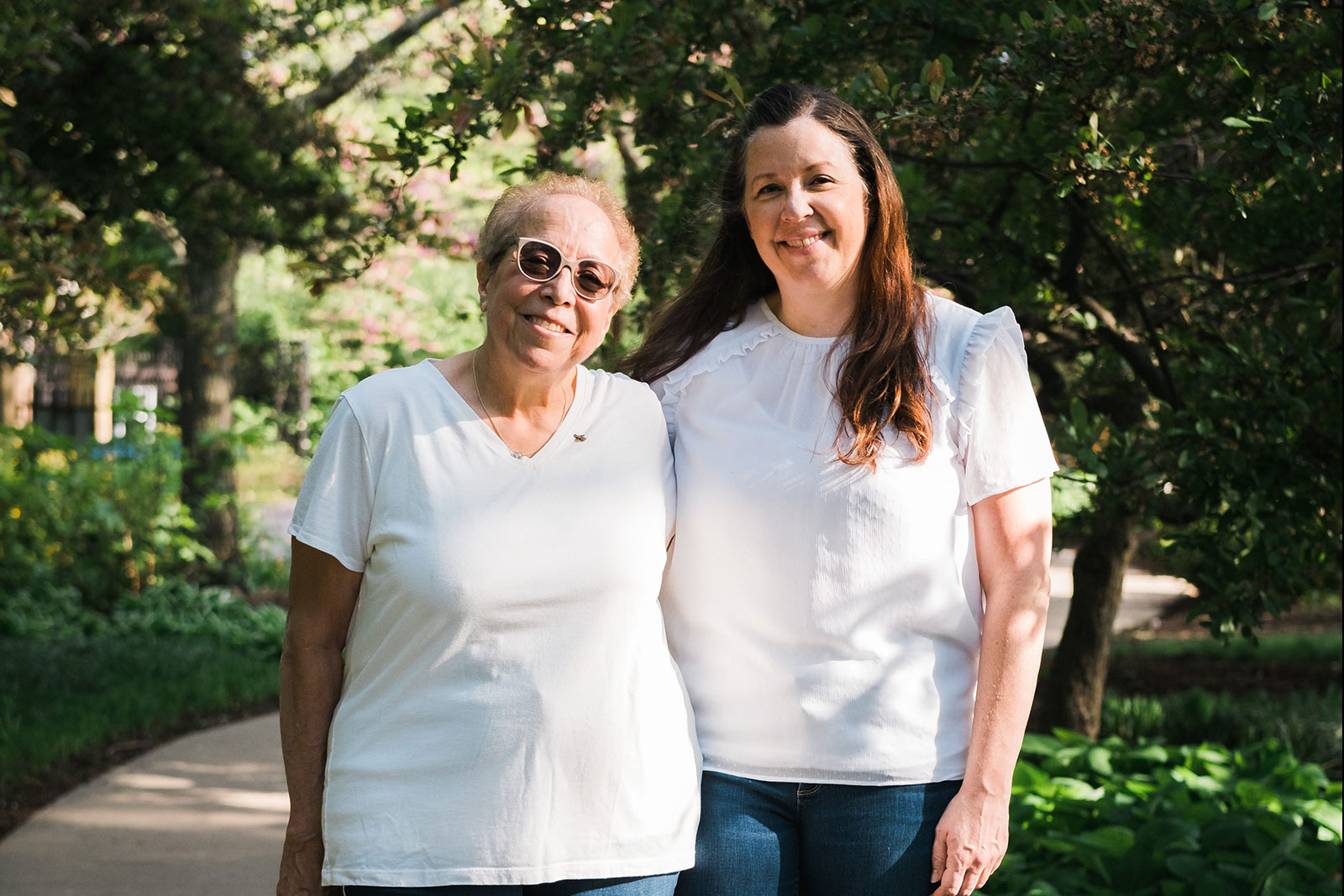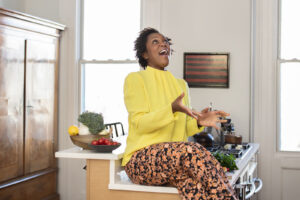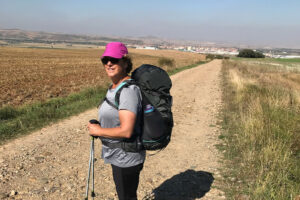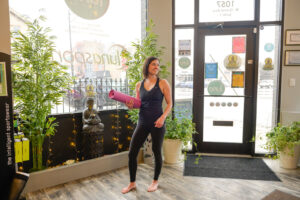As told to Britt Julious
You’ve got to grasp that fear, do everything you’re told to do, and believe that your outcome is going to be good.
DANA: I was 32 when I was diagnosed. I was living in Milwaukee, single, really career-focused. And then I found a lump, really by accident. Long story short, we went through a mammogram, ultrasound, and none of it screamed cancer. I even had a biopsy. It wasn’t until they removed [the lump] that they found the cancer. It was the biggest shock of my life.
Just going through the treatment, that was the easy part. I’m the kind of person where I move fast. I had a bilateral mastectomy with reconstruction and four rounds of chemo and implants down the road. Where I really struggled was when the active treatment was done and everybody set me free.
I was in a really dark place because I was trying to pretend it never happened. Three or four years after my diagnosis, I hit rock bottom. I would self-exam my body all the time, looking for lumps and bumps and cancer. I kind of went crazy in terms of never saying no to anything because I felt like I had this bucket list and didn’t think I would live past five years.
I found Young Survival Coalition, which is an organization I still volunteer with. I found a lot of really great ladies my age that faced the same diagnosis. I got some therapy, which has helped.
SHELLEY: Sometimes I think you don’t realize all the different things you’ve done to get through this and to help other people. You’ve been like a little flower. You’ve kind of blossomed over the years.
DANA: Thanks.
SHELLEY: I got diagnosed 10 years after her. I was a 70-year-old woman diagnosed with uterine cancer that’s localized and treatable. You’re in the hospital for 24 hours and the cancer is gone. No radiation, no chemo, no nothing. I’m not trying to trivialize it […] but it was like an everyday occurrence. It was nothing like the overwhelming 180 change to lifestyle Dana experienced.
When I go back to the doctor every three months, there’s just a little twinge of nervousness. It did not rock my world. It makes sense for a 70-year-old woman to have uterine cancer. It didn’t make sense for a 32 year old to get breast cancer. I learned from her how to accept it and how to move forward, because she did a wonderful job.
I have nothing that lingers with me but better understanding. Sometimes I wanted to go up to her and shake her and say, ‘Get over it. You’re a survivor.’ But cancer changed me in that respect. That was a turning point for us.







